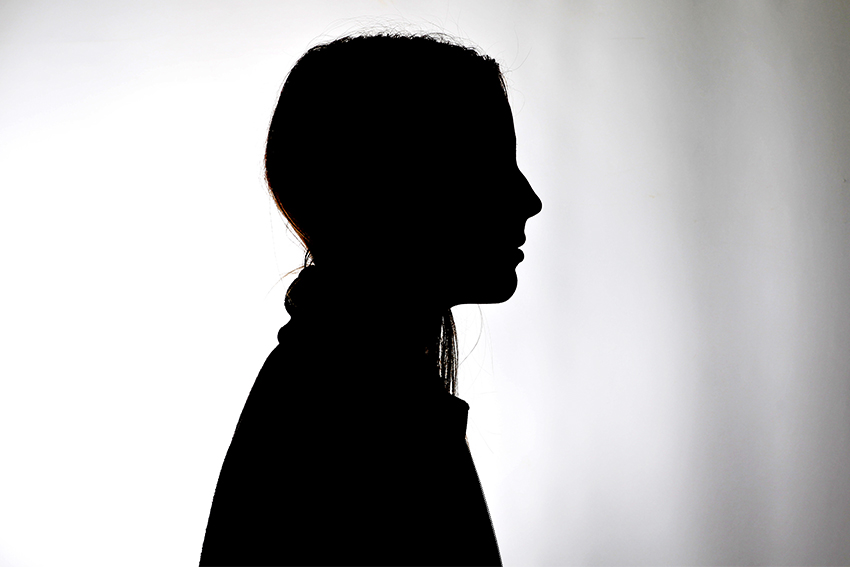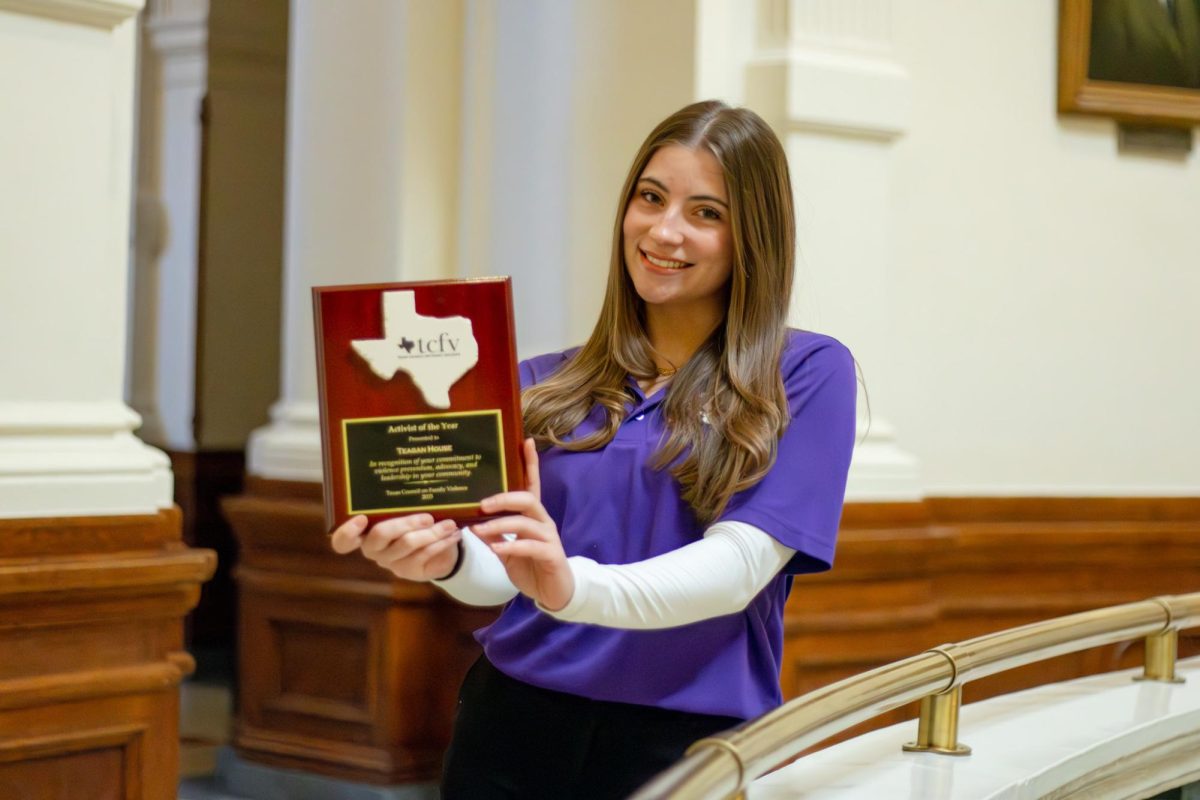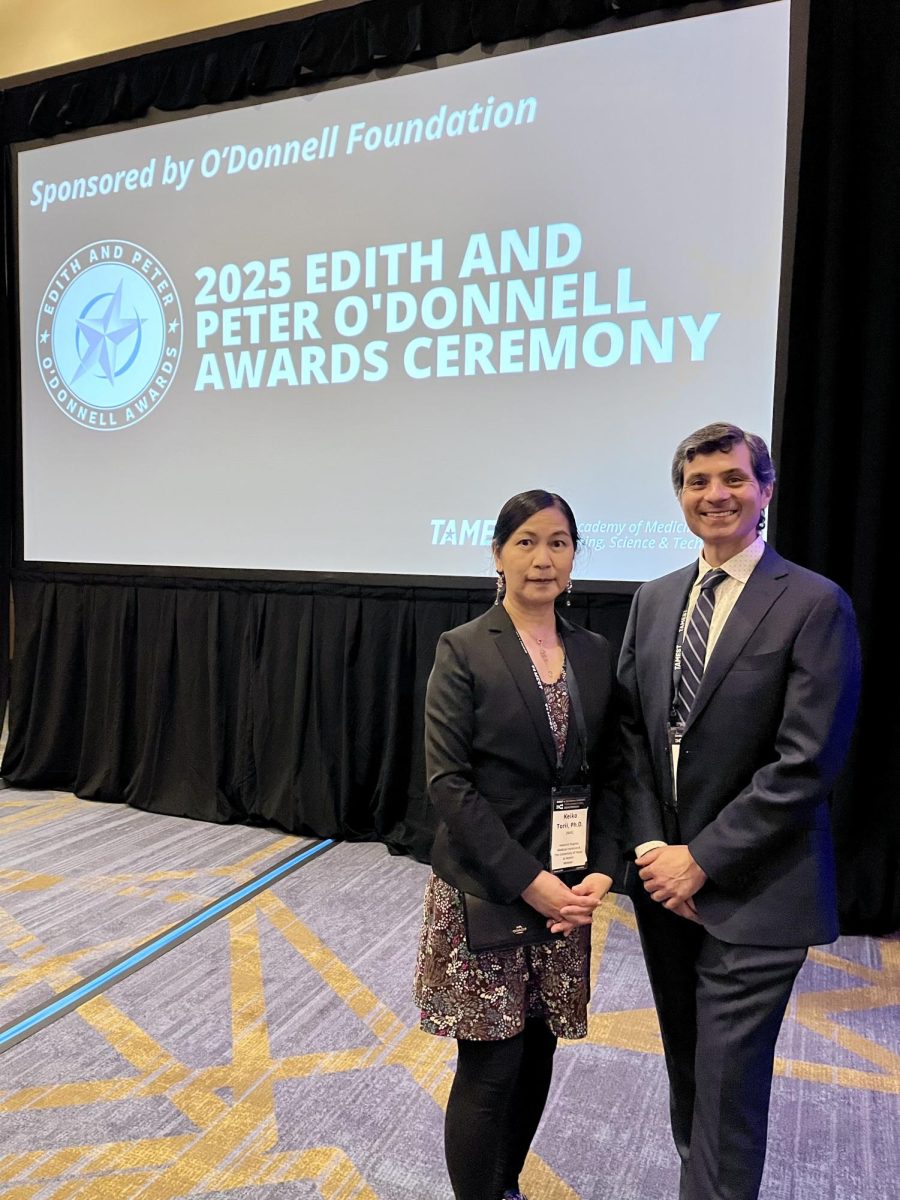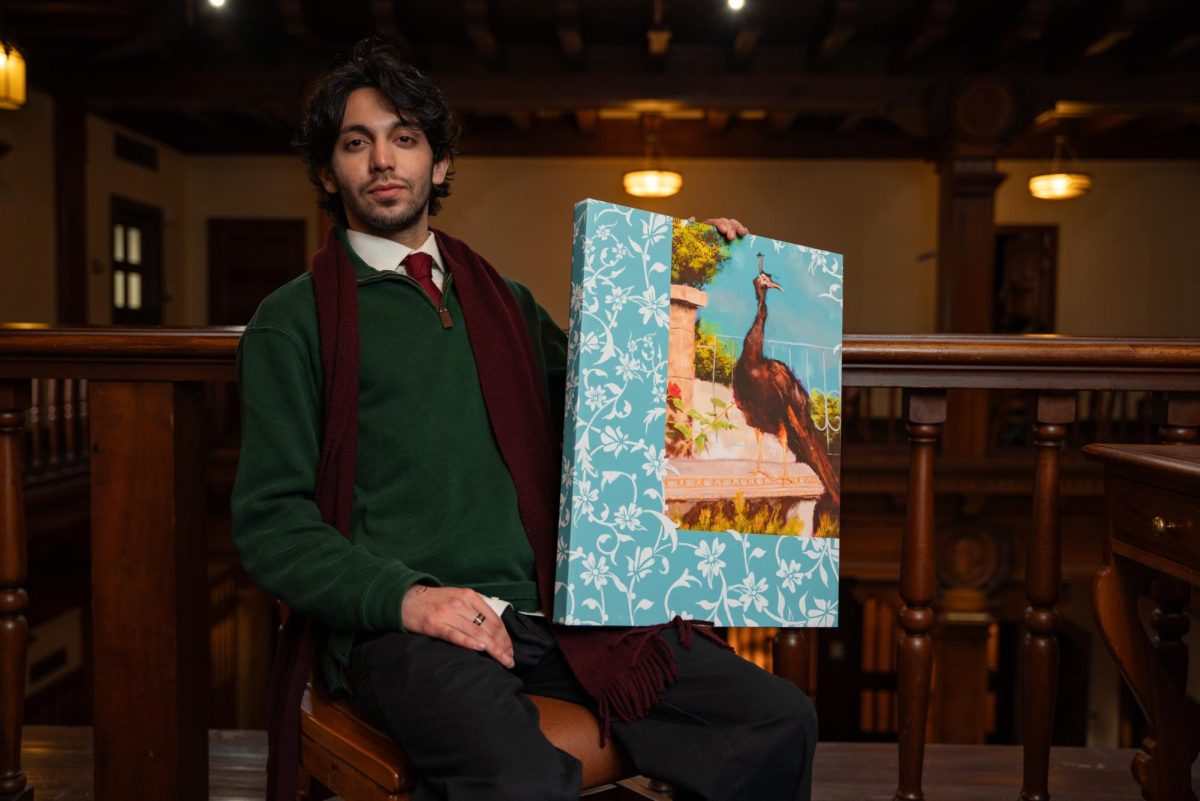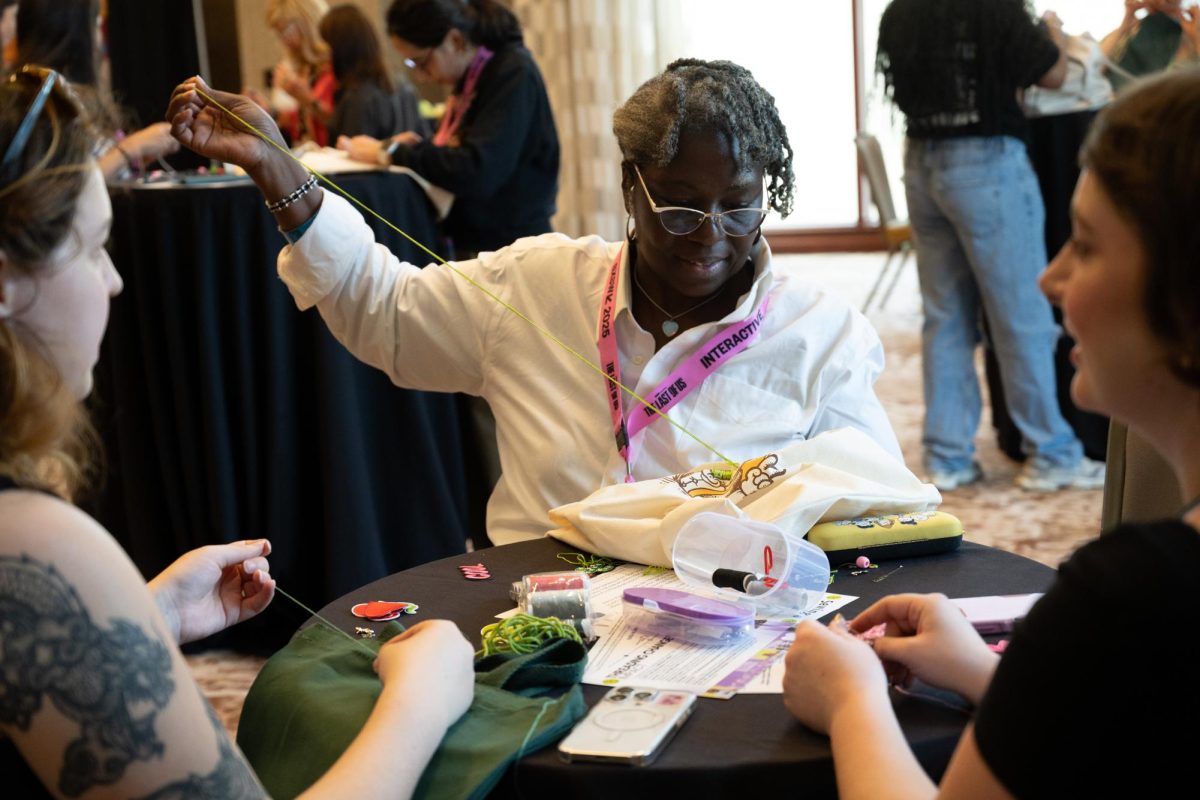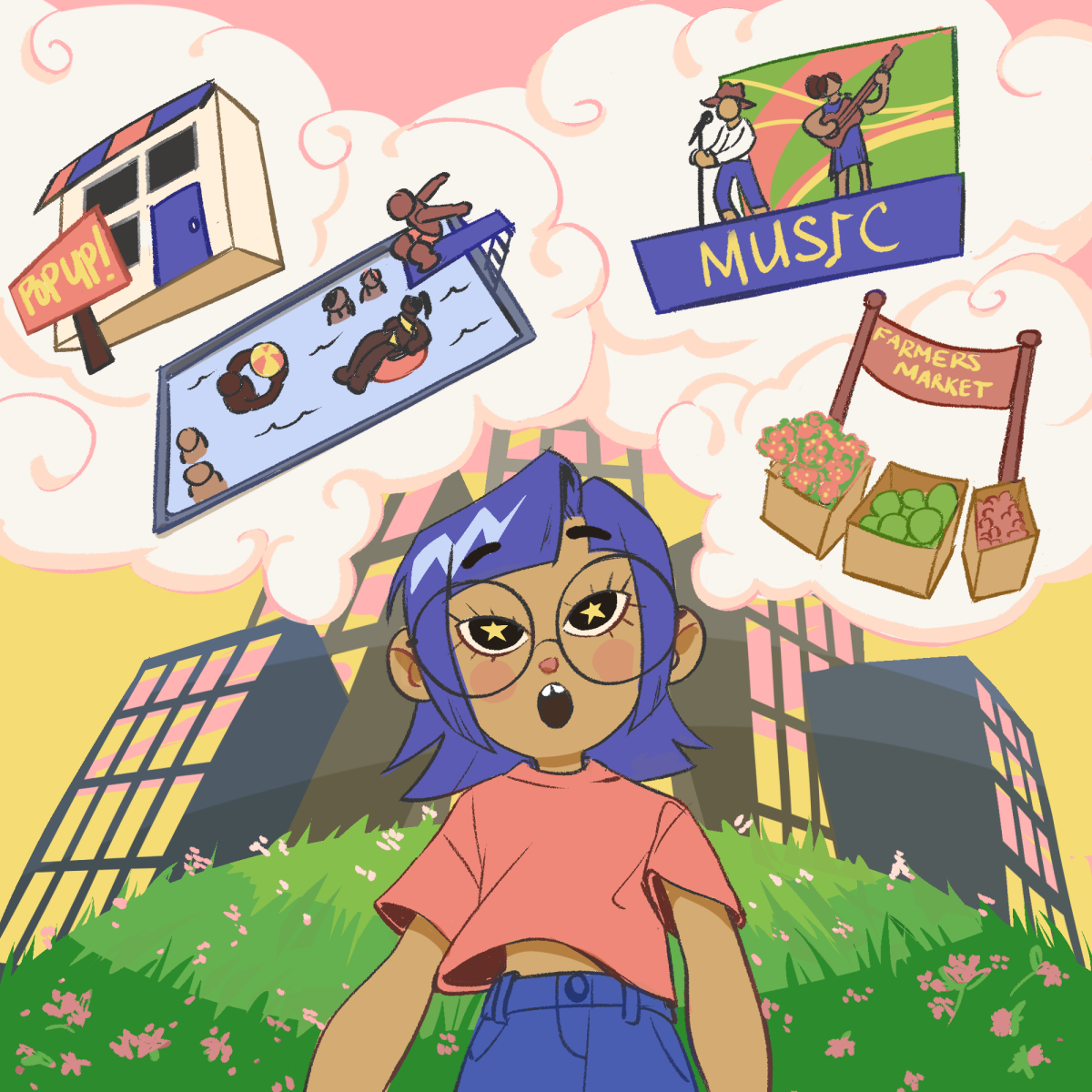At first, psychology senior Alice Smith thought she was in love, but soon she began to realize she and her boyfriend had different ideas of what their relationship should look like. Smith found herself in a relationship with a rapist.
Alice’s relationship with her abuser began in 2012. At first, sex was consensual, but she would often get so uncomfortable that she would ask to stop. Her partner became angry and frustrated at her for not “following through” and became increasingly demanding, angry and abusive.
Rape is defined as nonconsensual intercourse that is committed under threat of physical injury or emotional duress. According to the Rape, Abuse and Incest National Network, three out of four rapes are committed by someone the victim knows.
For Alice, having someone so close violate her left her scarred.
“I thought something was wrong with me for not wanting sex,” Alice said. “I thought the only option was to suck it up until I hopefully liked it one day. I didn’t feel like I had a choice so I just stopped speaking up.”
Looking back, Alice said she now understands why she wanted to stop during sex so many times.
“The power dynamics between him and I led to a situation where I stayed quiet and eventually he stopped asking for my consent,” Alice said. “Those events have had a really unfortunate impact on my relationships. It’s something that still interferes with my ability to trust.”
Alice said she struggled dealing with the assault, considering how society treats survivors. She said watching the news or scrolling through social media made her feel like she was reliving her experience.
“The way society views what happened is incredibly damaging,” Alice said. “It doesn’t just end after the physical act of assault, it escalates through people’s careless comments. [It’s] the inability for a victim to feel as though society will help them.”
Sometimes, she would get negative or invalidating comments from people she thought were friends.
“One of my friends told me that it wasn’t the worst thing that could happen because at least I didn’t have a gun to my head,” Alice said. “As though that should comfort me. I’ve also been told I have too much baggage and I need to ‘just get over it.’”
Alice found solace in reaching out to the Counseling and Mental Health Center on campus where she recently spoke at a Voices Against Violence event. There, she was able to connect with a therapist and other survivors and make sense of the events that happened to her.
“Finding a supportive group of friends — people who accept what happened but don’t cast any judgments because of it — has helped,” Alice said. “I’ve also been to a few of the VAV events and even spoken during their open mic opportunities because it’s something that helps me feel empowered.”
Alice hopes breaking the silence surrounding her assault will encourage others to talk about their experiences as well.
“Whenever I speak up, I do it for the girl, my past self, who didn’t feel like she had a voice,” Alice said. “I’m trying to do what I can to use my voice and take back control. Sexual assault is sexual assault. It doesn’t matter who it’s from or under what circumstances it occurred. There will never be a time when it is okay.”

